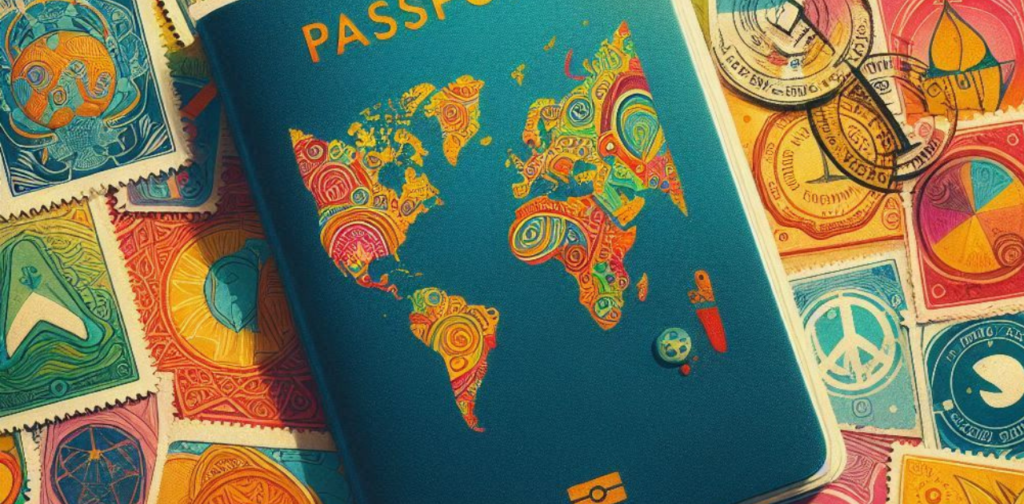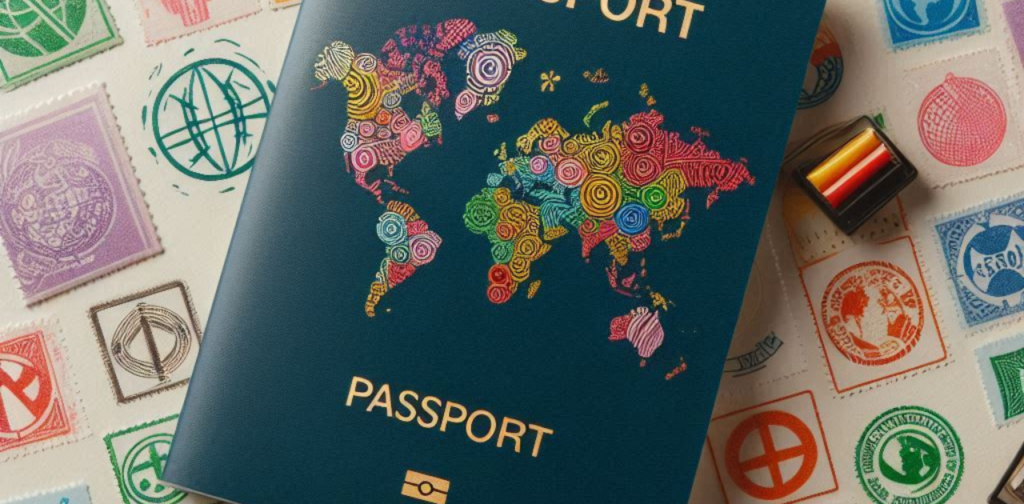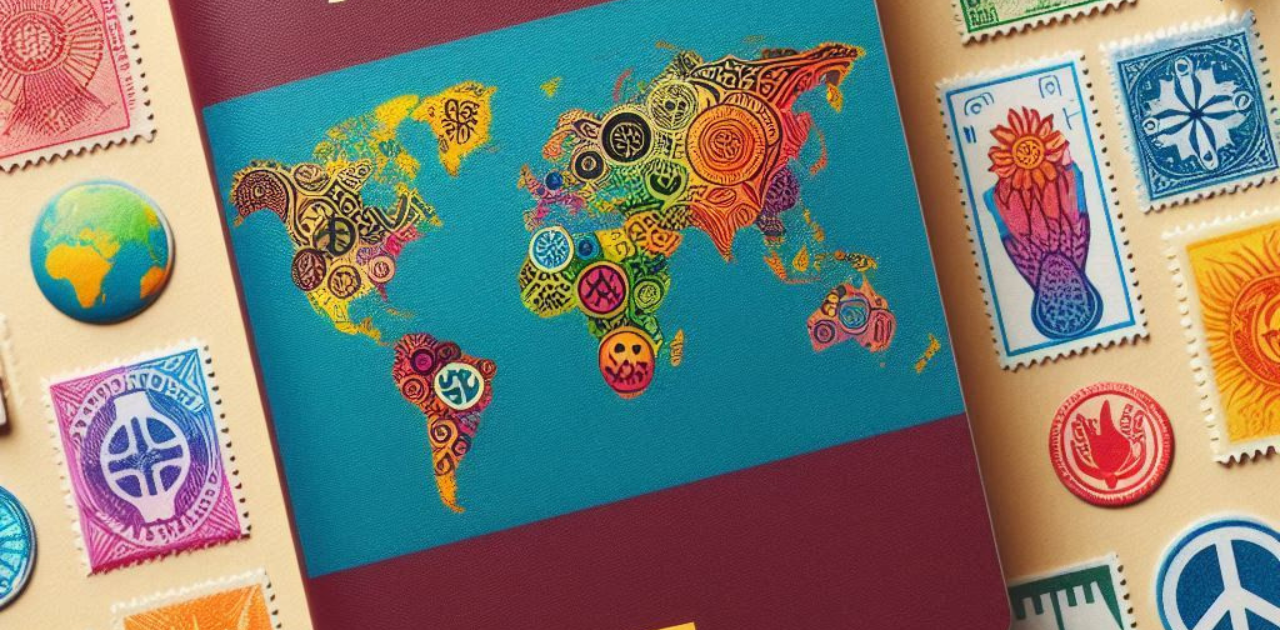Contents
Global Citizenship: Passport to a Better World
Introduction
Global citizenship is the concept that individuals are members of a global community and share responsibilities for its well-being. It transcends national borders, recognizing the interconnectedness of people and planet. Global citizens are aware of global issues, respect diverse cultures, and actively contribute to building a more just, sustainable, and peaceful world.
Body
Key features of global

citizenship include:
- Global Awareness: Understanding global issues, such as poverty, climate change, and human rights.
- Intercultural Competence: Respecting and appreciating different cultures and perspectives.
- Critical Thinking: Analyzing complex global challenges and formulating informed opinions.
- Social Responsibility: Taking action to solve global problems and contribute to positive change.
- Environmental Stewardship: Recognizing the importance of protecting the planet for future generations.
Strategies to promote global citizenship:
- Education: Integrating a global perspective into the curriculum and providing opportunities for international exchange.
- Community Engagement: Participating in local and global initiatives to address social issues.
- Media Literacy: Developing critical skills in using media to discern fact from fiction.
- Volunteering: Engaging in volunteer work to support communities and causes.
- Travel and Cultural Exchange: Experiencing different cultures firsthand.
Table: Dimensions of Global Citizenship
| Dimensions | Description | Examples |
|---|---|---|
| Scientific | Knowledge and understanding Global awareness, critical thinking | |
| Impressive Values, Attitudes, and Emotions | Compassion, respect for diversity | |
| Conduct Actions and Engagement | Voluntary, civic participation |

Result
Global citizenship is essential to addressing the complex challenges facing our world. By developing a sense of global responsibility and interconnectedness, individuals can contribute to building a more just, sustainable, and peaceful future.
Frequently Asked Questions
- What is the difference between a citizen and a global citizen?
- A citizen belongs to a specific nation-state, while a global citizen recognizes his or her connection to the entire world.
- How can I become a global citizen?
- By increasing your knowledge of global issues, engaging in intercultural dialogue, and taking action to make a positive impact.
- What are the challenges of promoting global citizenship?
- Challenges include overcoming nationalism, addressing global inequality, and promoting intercultural understanding.
- How does technology contribute to global citizenship?
- Technology facilitates communication, access to information, and collaboration across borders.
- What is the role of education in the development of global citizens?
- Education plays an important role in developing global awareness, critical thinking and empathy.
Global citizenship

is a lifelong journey that requires continuous learning and engagement. By embracing the values and principles of global citizenship, we can create a better world for ourselves and future generations.
Would you like to focus on a particular aspect of global citizenship, such as global citizenship education or the role of technology?
